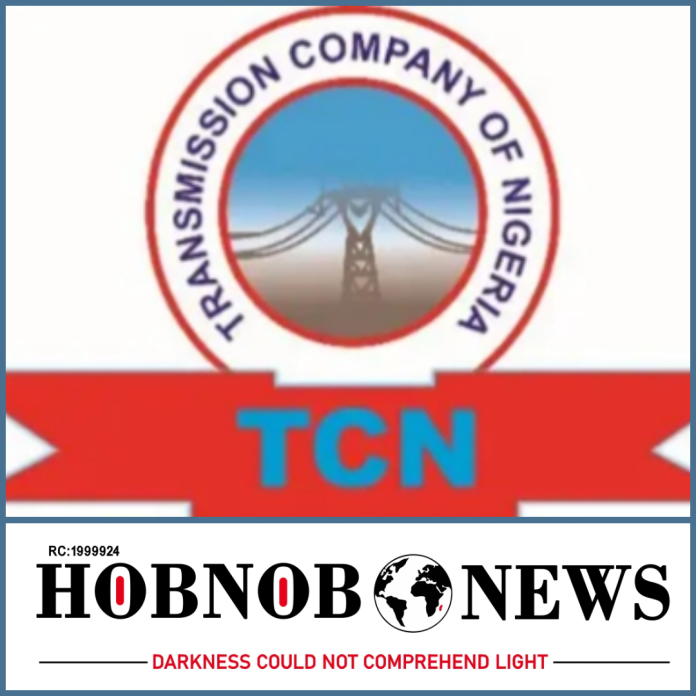In a swift response to the recent collapse of the national power grid, the Nigerian Electricity Regulatory Commission (NERC) has approved a revenue requirement of N210 billion for the Transmission Company of Nigeria (TCN). This significant funding is expected to enable TCN to implement its power improvement plan (PIP) and enhance service delivery in the Nigeria Electricity Supply Industry (NESI).
The approval, which came barely three days after the collapse of the national power grid, has been greeted with relief as it offers hope for a more stable and reliable power supply in the country. The total blackout caused by the grid collapse had thrown the nation into chaos, highlighting the pressing need for investments in the power sector.
NERC’s order, issued yesterday, outlines the revenue requirement in detail. Out of the approved N210 billion, N98.24 billion (46.7%) will be allocated for capital expenditure, while N111.90 billion (53.3%) will be earmarked for operational expenses (OPEX). The commission emphasized the need for prudent financing to ensure the successful implementation of the approved PIP.
As part of the order, TCN has been instructed to establish a PIP Implementation Dedicated Account to exclusively fund the implementation of approved PIPs. The company is required to remit 46.7% of its monthly market/tariff revenues into this dedicated account. The funds accrued to the account must be utilized strictly for the implementation of the approved PIPs. To ensure transparency and accountability, TCN is also obligated to provide monthly reports to the Commission detailing the schedule of remittance and utilization.
Additionally, the NERC directed TCN to provide an annual update of its PIP to reflect the proposed investment program. This update will be reviewed alongside the revenue requirement, allowing for adjustments and alignment with the evolving market and operating environment. It was also stated that TCN may invest more than the indicated annual capital expenditure provision in certain years, subject to the approval of the Commission, to address critical and unforeseen investment needs.
Furthermore, the Commission emphasized that any unutilized or imprudently expended capital expenditure provisions will be clawed back during subsequent tariff reviews, in accordance with the requirements set forth in the Regulations on Procedure for Electricity Tariff Reviews in the NESI.
The approval of this substantial revenue requirement by NERC signals a renewed commitment by the government to address the challenges faced by the power sector in Nigeria. With the implementation of the approved PIP, it is expected that power supply across the country will be significantly improved, providing much-needed relief to businesses and households, and boosting economic growth and development.
While the approval is undoubtedly a step in the right direction, stakeholders are cautiously optimistic and will be closely monitoring the implementation process to ensure that the funds are efficiently utilized and yield the desired outcomes. The timely implementation of the PIP and subsequent improvements in power supply will undoubtedly be a significant milestone for Nigeria’s power sector.

